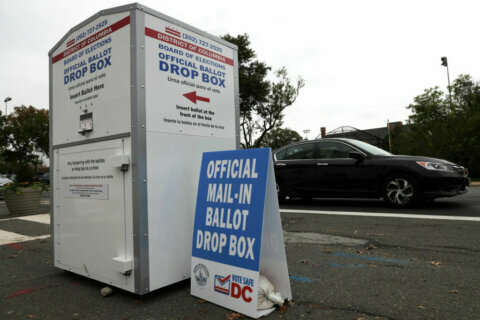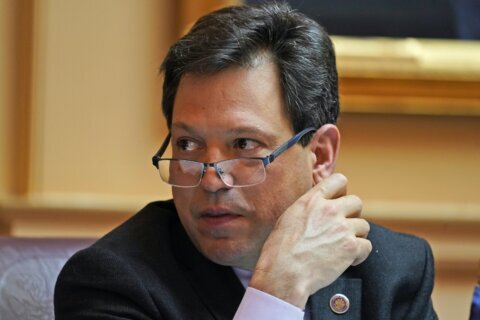ANNAPOLIS, Md. — Legislation under consideration in the Maryland General Assembly would add attempted carjacking and attempted armed carjacking to the list of offenses that juveniles at least 16 years of age can be charged with as adults.
Current Maryland law states that juvenile courts have jurisdiction in these cases, but Senate bill 248 would transfer these offenses to the Maryland Circuit Courts, unless a “reverse waiver,” a transfer into the juvenile courts, is filed by a defense attorney and granted by a judge.
Lead sponsor Sen. Robert Cassilly, R-Harford, sponsored identical legislation last year but it was voted down in the Senate Judicial Proceedings Committee. A similar House bill was withdrawn last year.
“The reason we have a better chance this year is the rise of violent crimes in Baltimore City,” Cassilly told Capital News Service. “…People are realizing that some people just need to be pulled out of society.”
Delegate Michael E. Malone, R-Anne Arundel, has sponsored House bill 834 this year on the same matter.
“There is concern within the state,” Malone said. “It needs to be effectively looked at.”
Opposition to last year’s legislation was strong. That continued at a Feb. 5 Senate Judicial Proceedings committee bill hearing.
Much of the opposition testimony pointed out that this bill would prevent more juveniles from access to rehabilitative measures that the Maryland judicial system provides.
“We should be using our time to figure out how we can restore and support and get meaningful resources to our young people as opposed to finding more offenses that we can charge them (with) as adults,” Nicole Hanson, Out For Justice executive director, told lawmakers.
Hanson spoke about her Dec. 26 experience as a carjacking victim. She found her car damaged, with three juveniles still inside, she testified.
Instead of immediately placing blame, she simply asked them, “Why?” Two of the three told her they were homeless and the other ran away from foster care after being raped “and nobody did anything.”
“What you’ll find with these young people is that they are dealing with a lot of trauma and they’re dealing with survival,” Hanson said. “If we can figure out ways to support our young people that are going through really traumatic times in their lives, then we can likely prevent these types of offenses.”
House bill 834 was heard in the House Judiciary Committee on Feb. 20.
The committees have yet to vote on the legislation.
Steven Kroll, executive director of the Maryland State’s Attorneys’ Association, told lawmakers last week that juveniles suspected of carjacking, armed carjacking, attempted robbery and attempted armed robbery are charged as adults and attempting to carjack someone — whether armed or not — should be treated the same way.
“Innocent people … have been carjacked by juveniles — many of whom do not even have a license to drive,” Kroll told lawmakers. “The punishment should fit the crime.”







